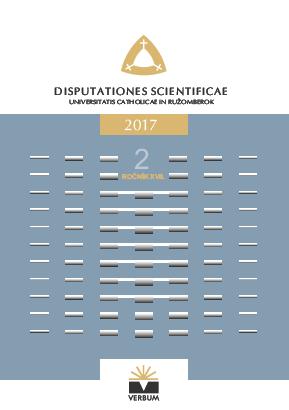Koenzým Q10 a jeho význam v organizme
Coenzyme Q10 and its Role in Organism
Author(s): Peter ZelenýSubject(s): Scientific Life
Published by: VERBUM - vydavateľstvo Katolíckej univerzity v Ružomberku
Keywords: Coenzyme Q10; Electron transporter; The 1st intracellular Antioxidant
Summary/Abstract: Coenzyme Q10 is an endogenous substance. It is present in every eukaryotic cell. Coenzyme Q10 significantly contributes to conversion of energy gained from food into chemical energy of ATP. It is responsible for removing free radicals that damage mitochondria governing energy production in cells. It acts directly intracellularly. Endogenous coenzyme Q10 is created by human cells. Exogenous coenzyme Q10 is obtained from food. The ability of the body to synthesize Q10 declines with age. Its highest concentration is seen among people between 20 to 30 years of age. The reduced coenzyme Q10 concentration is observed among patients with severe diseases, which makes Q10 supplementation important. Coenzyme Q10 is a valuable nutrient that helps in the primary, secondary as well as tertiary preventions of a wide range of diseases.
Journal: Disputationes Scientificae Universitatis Catholicae in Ružomberok
- Issue Year: XVII/2017
- Issue No: 2
- Page Range: 145-157
- Page Count: 13
- Language: Slovak

